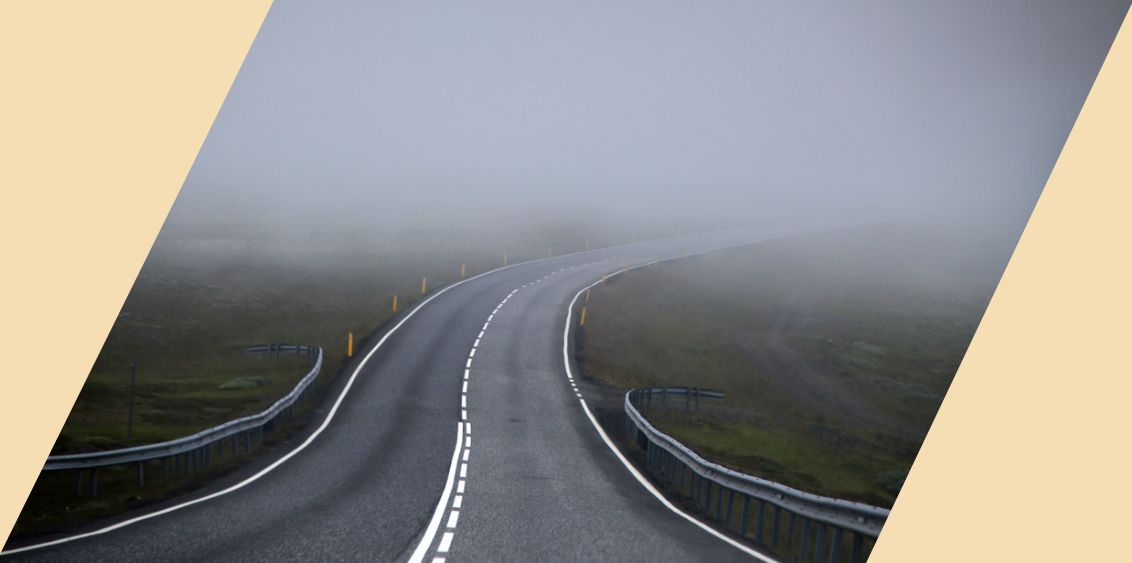Dealing with Stress & Uncertainty
Dealing with Stress & Uncertainty
We all have different ways of dealing with stress and uncertainty.
Even at the best of times, I am not particularly good at going with the flow to see where things land. I like to map out the flow, control its direction and, if possible, alter where it’s going to end up.
Since this has been a core element of my personality as far back as I can remember, I have developed three essentials tools that help me stay grounded, healthy and thinking clearly even when I don’t have much control at all.
First, I go back to the books.
As an avid reader, I always start by returning to the science to find guidance from past events.
There were some very important lessons learned from the way the SARS outbreak was managed in 2003 in Toronto hospitals – both in terms of infection control and in ways that we could have provided better psychological support to our exhausted health care staff.
In an article published in 2003, Mount Sinai’s Dr. Robert Maunder outlined those recommendations and placed a huge emphasis on the importance of social support; allowing time for workers to reflect and reset between patients; acknowledgement from leadership that there has been a change in workload; and staff feeling supported by their managers.
…When facing such a crisis it is crucial to feel that one is not alone. All efforts to overcome interpersonal isolation, from sharing jokes on the nursing station to conference calls, serve an important role in times of intense strain and stress.
— Dr. Robert Maunder, 2003
Second, humans need social support.
Connecting with loved ones, friends and colleagues over Skype or by phone can help us ground ourselves. I just went for a long walk and chatted with my 78-year old father for an hour while getting some exercise and fresh air. I also reached out to two members of our team for a catch-up today.
Try taking a break from the news cycle and connect with real humans that you love and care about.
Third, rest, exercise and resetting.
TEND team member Diana Tikasz, MSW, RSW, is a specialist in grounding skills and the neurobiology of stress. She reminded me of the “Power of Pause” during our chat today and the importance for all of us to take short breaks in the rush of our days to reconnect with our breath and remain present to ourselves.
In his post-SARS article, Dr. Maunder wrote that we are “normal people dealing with extraordinary events” which I loved. He reminds us that the people that we serve will continue to need us, as will our loved ones, but that we are not alone.
Let’s support each other with compassion, kindness and presence. Let’s connect to share tools that work for us during uncertain times
If all else is going wrong around us, we always have the ability to pause and choose where to focus. Don’t believe everything you think—we cannot control the thoughts that pop in our head, but we can be aware of them. With awareness comes choice.
– Diana Tikasz, 2018

